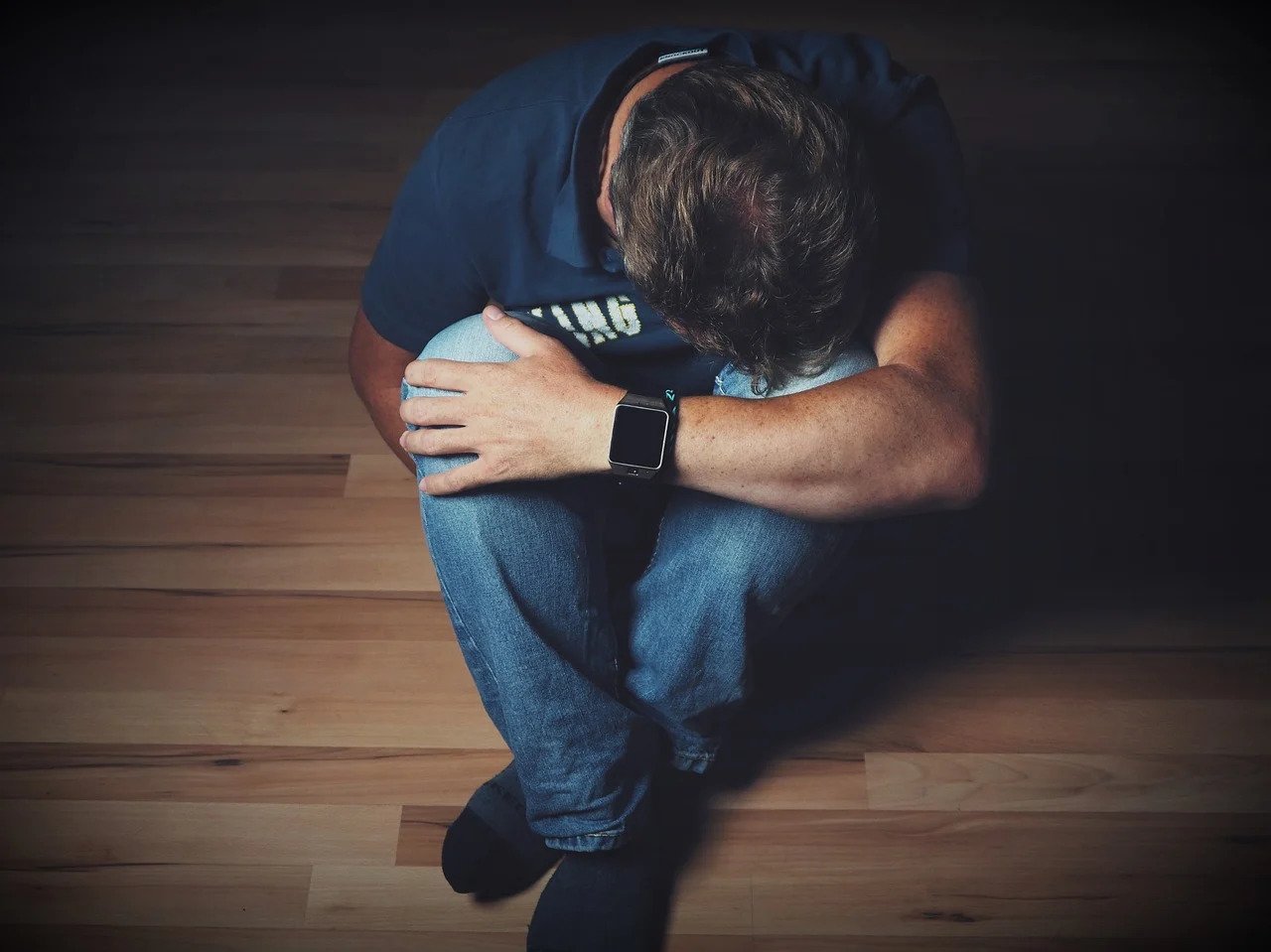As per a recent survey, 1 in every 10 fathers worldwide is suffering from some degree of postpartum depression or postnatal depression.
In another survey conducted by Lund university involving interviewing 447 fathers, it was discovered that the standard questionnaire to detect postpartum depression in woman was not able to capture the condition in new fathers.
As they dug more deep, they discovered that 27 percent of the 447 fathers had symptoms that confirmed Male postpartum depression.
The journey to being a father is drastic if you look at how quickly things transform across male lifestyle. One fine day they wake up and they have been labeled as a dad and no longer a dude.
This imbibes countless adjustments and exposures that males have to go through which potentially pose risk for postpartum depression in men or postnatal depression for men.
Male postpartum depression pose several threats to themselves as well as there loves around them including there spouse as well as kids.
For instance, for kids who have fathers suffering from postpartum depression have several behavior issues segmented by series of emotional episodes.
The transition to become a new parent is a sudden and stressful experience which is often reported by decrease in marital satisfaction especially in the first year.
Postnatal depression in dads also translates into physical violence towards their spouse and reportedly one in every four mother has had some sort of experience from their partners regarding physical violence related to postpartum depression.
This further exposes the mothers to depression as well.
The first few months of a new born in a critical period where the infant infers a lot from maternal and paternal behavior around himself. Certain regulatory indications along with emotional bonds are formed in the initial months.
Postnatal depression in dads leads to unresponsive and unchecked parenting which leads to excessive cortisol secretion in the infants hormone system.
This further poses serious risk to child’s psychological development and if left unchecked can later hamper the child’s cognitive ability.
Causes of Male postpartum depression
There has not been a concrete study that can definitively point out the various factors causing postnatal depression in dads or Postpartum Depression in dads.
There are several biological factors that potentially can trigger postnatal depression in dads (Refer to the below figure). These are:
- Decrease in testosterone levels after child birth
- Decreased level of estrogen and cortisol
- Decreased prolactin levels which is otherwise vital for adaptation to fatherhood.
Various other changes that impact a new father;s life can also trigger postnatal depression in dads. As males step into fatherhood, there are an array of dependability, demands and lifestyle changes that they are exposed to.
These sudden changes have their own psychological impact and can cause new dad depression or new father depression

These include:
- The relative slow development of attachment between a father and the new born triggers feeling of helplessness and depression.
- Fathers report being isolated from mother-infant bonding
- The financial burden caused by expanding family
- Spousal depression can further cause severe male postpartum depression or postnatal depression in dads. In fact depression in mother increases the risk of postnatal depression in dads by a factor of 2.5, leading to an incidence of 24-50 percent in fathers.
- Personal history or family history of depression in males
- Feeling overwhelmed with expectations in your role at work and your role as a father
- No emotional support or gratification in first year of the child birth.
- Lack of sleep with erratic patterns of child sleep is the most common cause for depression.
Also Check Out : Are you a Supportive Spouse?
Symptoms and signs of Depression in Men :
There is lot of stigma attached to the concept of male postpartum depression or new dad depression. This makes it harder to detect the early signs by the spouse or by the actual father suffering from it.
Also in several cases of male postpartum depression it was discovered that the new father always believed that postpartum depression was only for mothers and cannot effect males.
This makes it even more critical to have a deep understanding of how new father depression or Postpartum Depression in men really look like when it starts. The early signs can vary from individual to individual.
Here are some of the most common Symptoms of postnatal depression in dads or Postpartum Depression in dads :
- An unfamiliar or unperceived lack of interest in the new born.
- A sudden likeness to be a recluse and stop all social activities like stepping outside or meet friends and family.
- Lack of sleep coupled with perpetual fatigue and irritability.
- A ceaseless and continued feeling of not being a good father to the new born
- Suicidal thoughts coupled with intentions to hurt the spouse or the baby.
- Loss of libido with constant headaches and bouts of blurred vision.
Postpartum Depression treatment
Postnatal or postpartum depression treatment basically starts from the domestic setup. This includes:
- Opening up about how you feel to your spouse or loved one is the first step in accepting and treating postpartum depression. This needs to be an honest and candid conversations detailing all the high and lows that you feel.
- Invest in activities that you enjoy and like to do either alone or in a company of your loved ones.
- regulate a healthy lifestyle with nutrition rich diet accompanied by exercise.
- There are certain therapies largely known to treat and control postpartum depression. These therapies are Dialectical Behavior Therapy, Multimodal Therapy, Rational Emotive Behavior Therapy, Psychodynamic psychotherapy and Interpersonal Therapy.
- There are an array of antidepressants ranging from treating chronic depression to mild postnatal depression.


